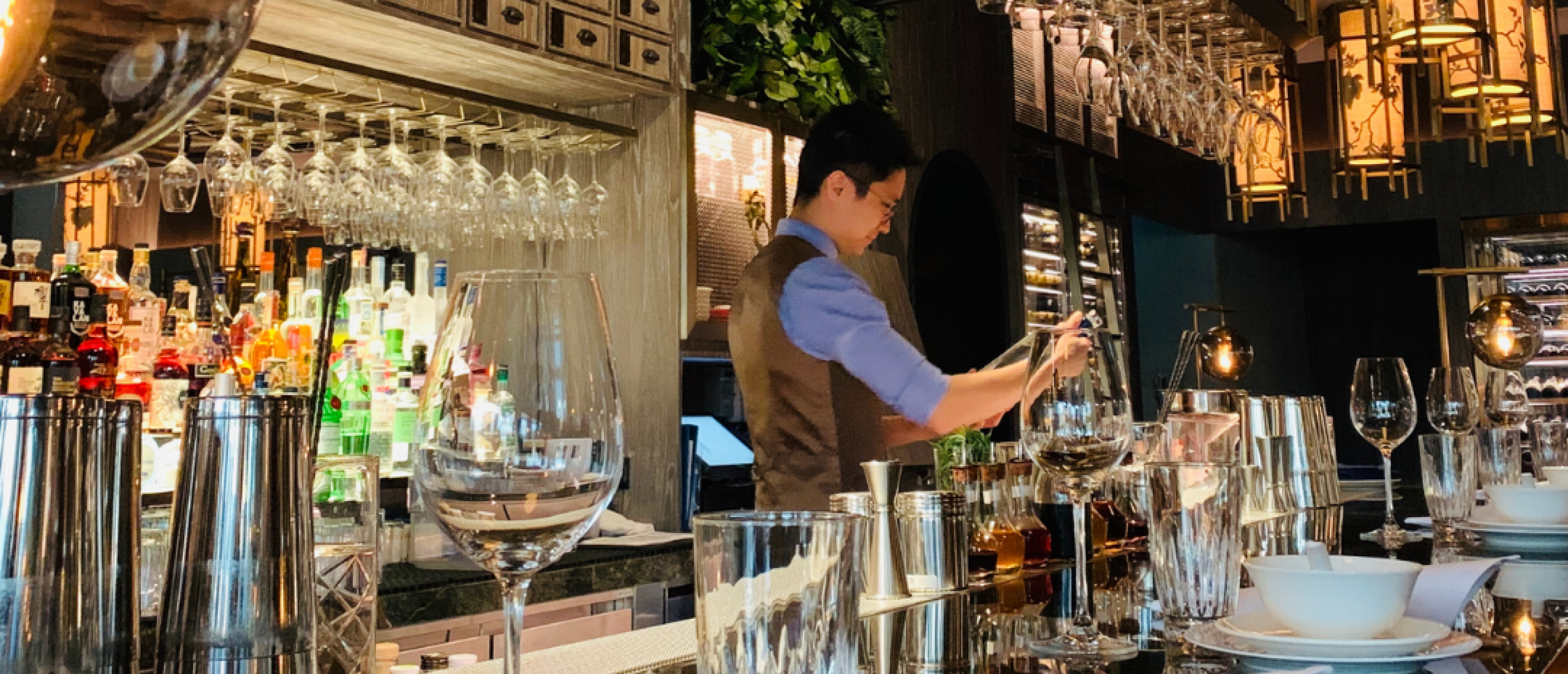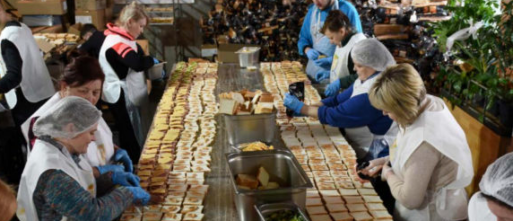A foodservice failure need not be the end of the story – it might even be the beginning of something extraordinarily successful, says Marius Zürcher
This month, let me start by telling you a couple of short stories about hospitality industry failures.
After launching an, admittedly messy, but groundbreaking and successful noodle spot in 2004, the protagonist of this story – now seemingly convinced that his innovative instincts could not fail him – decided to open an Asian-inspired burrito spot in 2006. It was an immediate and crushing flop, leading to severe financial troubles. Ultimately, the restaurant survived, but only because the initial concept was abandoned. Regardless, many observers felt that the momentum was lost. Our protagonist, it seems, was destined to be a one-hit wonder.
After the successful launch of their first restaurant – a hole-in the wall, skate shop-inspired spot that served Tawainese Bao – in 2009, the protagonists of this story, two brothers, opened their second restaurant in New York City in 2010, which offered guests a broader range of Taiwanese dishes. They had to close it only a couple of months later, after a crushing New York Times review, as well as problems with the New York State Liquor authority, the latter of which resulted from a culturally astute but sadly ultimately illegal marketing stunt involving free Four Loko (a malt liquor).
After such a debacle, many observers thought that the brothers – particularly the older one, who was the driving force behind and the face of both endeavors, and, according to the New York Times review should spend less time trying to gain a spotlight on social media and more time in the kitchen, improving the quality of his food – had lost their touch and would fade into obscurity again.
After having been, among other things, a failed firefighter, a failed lawyer, failed railroad laborer, failed acetylene lamp factory owner, failed tire salesman, the protagonist of this final story got a chance to run a service station in the American Midwest. That too failed. Undeterred by that last failure – it was the Great Depression after all – he took another shot at running a service station. This time, he tried something new: he started cooking and serving food.
Propelled by the quality of his food – especially the chicken – his business grew to the point at which he operated both the service station and a motel until both burned down. Once again undeterred, he rebuilt both. But, a few years later, as gas shortages crippled the tourism industry, he had to close his hotel. For a while, he continued to operate his service station, as well as run and/or work in various cafeterias and sell his recipes to restaurants. However, as traffic on the service stations road dried up, our protagonist – now in his mid 60s – was once again at rock bottom, with nothing but some savings and social security, reduced to spending days driving across the country and nights sleeping in his car in an effort to sell his recipes and ideas to restaurants. There were no observers left to comment.
Failure is not the end
The protagonist of the first story is David Chang, receiver of two Michelin stars, owner of the Momofuku restaurant group, author, and media mogul. The protagonists of the second story are Evan and his older brother, the celebrity-chef turned bestselling author, media personality and hit movie director Eddie Huang, whose life story was also the subject of a hit sitcom. The protagonist of the third and final story is – hold on to your hats – none other than Colonel Sanders, the founder of Kentucky Fried Chicken.
Why the story-time? To illustrate that that failure, as crushing as it might feel in the moment, does not have to be the end. The conventional business-school wisdom is that it instead should be a point of redirection, as it showed you what you shouldn’t do. That is true in many cases. After all, maybe clinging to an unusual concept for dear life isn’t the right choice. It certainly wasn’t for David Chang’s Asian burrito spot, which only recovered once they drastically opened up the menu. Now, David Chang is known as a chef and a thinker who – much like said menu – does not like to be constricted.
Sometimes failure is also just bad luck. It certainly was for Colonel Sanders. Sometimes however, failure is also a result of the world not being quite ready for your style and what you have to offer. Doubling down might just be the answer then. It certainly worked out for Eddie Huang.
Also, and this is important: sometimes failure is the end. There is no shame in that either.







